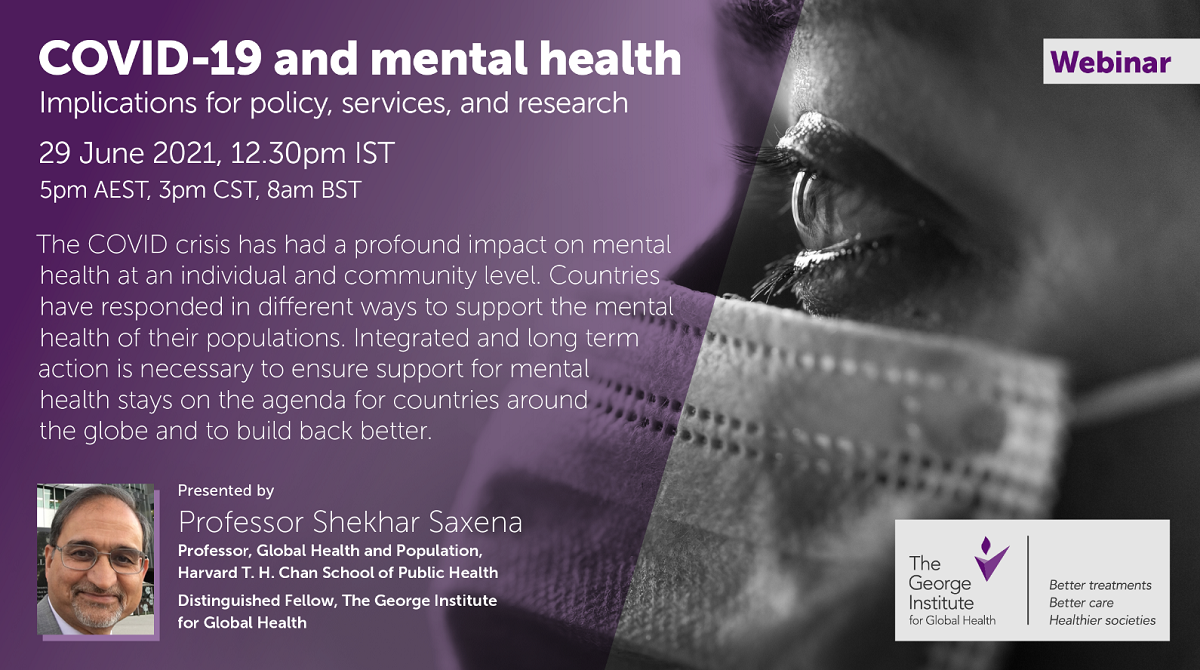Driverless cars are forecast to bring a whole new level of convenience, but there may be a downside for our health, according to a new study published in Global Health Promotion. Once driverless vehicles become widely available, people won’t need to walk to the car park or the train station – the car will collect and deposit them as close to the front door as possible. Many people rely on incremental steps throughout the day for their exercise, so the arrival of driverless cars could dramatically reduce physical activity levels. According to research from The George Institute for Global Health, advance planning is needed to prevent Australians from becoming lazier and unhealthier once driverless cars are common.
Lead researcher Professor Simone Pettigrew said, “for a nation where two-thirds of adults are overweight or obese and more than half of us fail to meet minimum physical activity guidelines, further reduction in our step counts will be disastrous for our health and well-being.”
Interviews conducted with 44 experts from government, transport, insurance, technology, health, and research organisations identified two possible future scenarios:
- one where cities remain designed around personal vehicles and people become even more sedentary; and
- one where cities become more people-focused and opportunities are everywhere for walking, cycling, and scooting as primary forms of transport, along with advanced forms of driverless public transport (e.g., trains, trams, shuttles, buses).
The study found that due to the long lead times for infrastructure development, governments and communities need to be actively planning now to work towards the second scenario before it’s too late.
“It’s clear that cities of the future need to combine ample opportunities for active transport, such as walking and cycling, with sophisticated forms of driverless public transport. A future with millions of personal driverless cars that deliver people door-to-door and produce lots of empty ‘ghost rides’ on our roads will be bad for our health and bad for traffic congestion,” said Professor Pettigrew.
“At the same time, driverless cars can offer life-changing services for the elderly and those with disabilities by providing the door-to-door transport they need to help them stay physically and socially connected. The benefits of driverless technology will be vast – they just need to be channelled in ways that are most beneficial for society,” she added.















